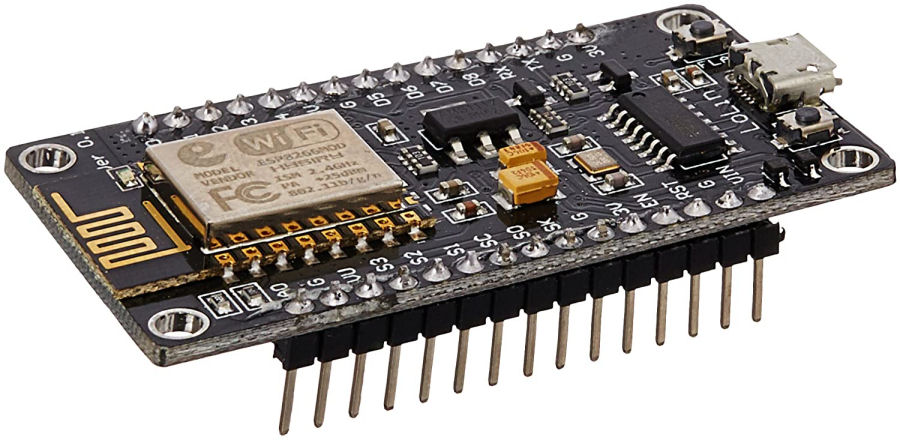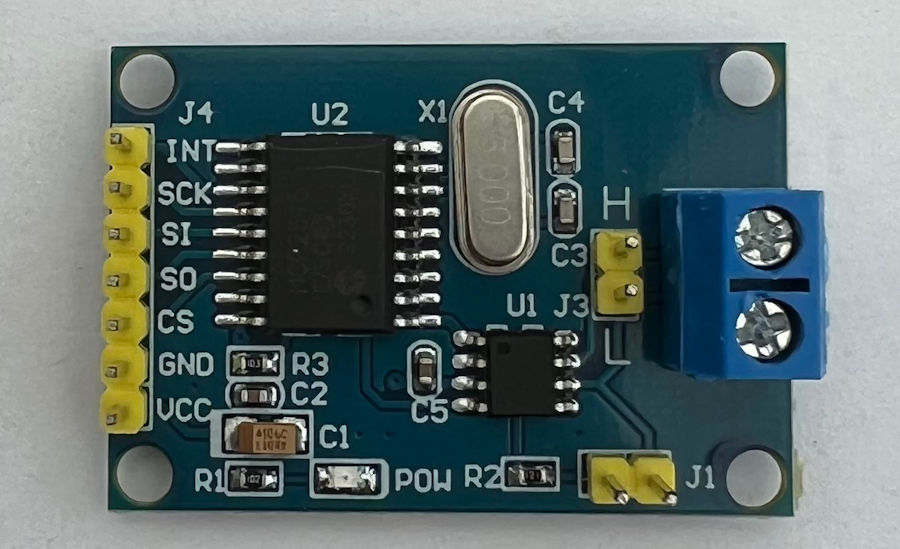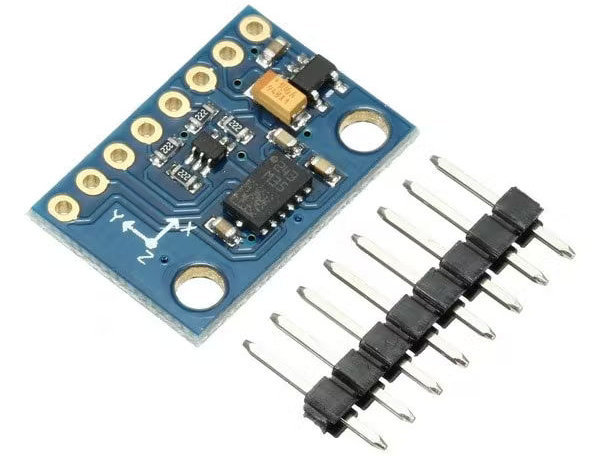

This project is to develop the wireless communications and networking capabilities of the MX-5e and OSSEV®, using open-source hardware and software.

Back in 2021, Rob did an evaluation of the Node MCU ESP6266 for various smart home applications. The NodeMCU ESP8266 features a Tensilica 32-bit RISC CPU Xtensa LX106 (80MHz clock speed) which operates at 3.3V. It has 4MB of Flash memory and 64K of SRAM. An on-board voltage regulator allows input voltages from 7-12V. It has 16 digital IO pins, 1 analogue input. It also supports SPI and I2C. It also features on-board 2.4GHz Wi-Fi and has a PCB antenna giving good range. A micro-USB port enables it to be powered and programmed.
The main reason for choosing it in this application is that it can be put into a 'deep sleep' mode or woken up by an interrupt from a 4G/5G comms interface. In a deep sleep it consumes just 0.3mA, so we can use is as the primary communications controller and also connect a CAN Bus interface to it and also a GPS module. It also handily supports Wi-Fi, which we are going to use for local communications with our smart home for testing and diagnostics.
You can read more about how Rob has linked his vehicles to his smart home.

We are using this MCP251 CAN Bus module.

We are using this GPS module to provide positioning and speed data.

We using the GY-511 3-axis accelerometer.